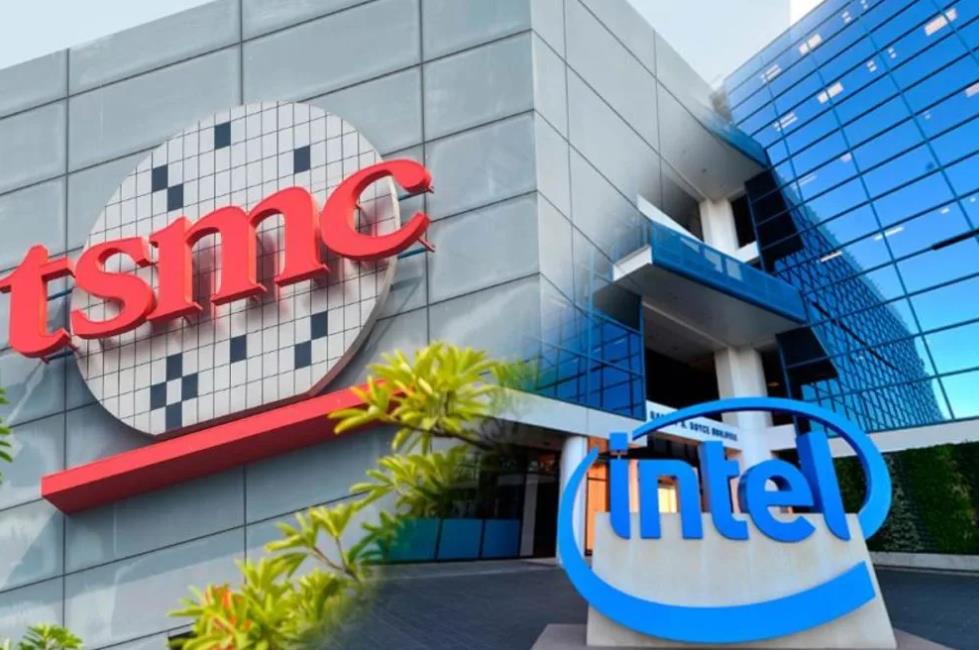Recent reports indicate that the German government intends to invest 20 billion euros (approximately 22 billion US dollars) to bolster its domestic semiconductor manufacturing sector. This funding, which will be sourced from the "Climate and Transition Fund," will be disbursed to both local and international firms by 2027.
The German Federal Government established the "Climate and Transition Fund" in July last year, with a total allocation of around 177.5 billion euros. Initially designed to finance energy transition and climate protection initiatives, the scope of the fund has since broadened. Negotiations concerning the fund allocation continue within the German government, and an announcement on the final decision is expected within the next few weeks.

Previous government funding incorporated a 10 billion euro aid package for Intel's new 30 billion euro factory. Additionally, it is anticipated that companies such as Infineon and TSMC will receive a combined total of about 7 billion euros in subsidies, while at least 3 billion euros will be allocated for other projects that could benefit GF and Bosch's existing operations in Germany.
Analysts believe Germany's decision to allocate these funds aims to support the nation's technology sector while ensuring a dependable supply of critical components. This is viewed as a preventative measure against potential shortages similar to those experienced during the onset of the COVID-19 pandemic. Notably, however, nearly half of the funds will be directed toward non-European companies, with American tech giant Intel forming a significant portion of this investment.
In a statement made last month following a nearly 10 billion euro subsidy agreement with Intel, German Deputy Chancellor and Minister of Economy and Climate Protection Robert Habeck, emphasized that the country would back specific projects in strategic industries – but not universally. Habeck highlighted the importance of semiconductors as a crucial area for investment, arguing that Intel's large-scale commitment to Germany is vital for the nation's economic security.
Furthermore, negotiations concerning investments in TSMC's Dresden-based plant in eastern Germany are nearing completion. Sources knowledgeable about the matter revealed that the budget includes subsidies of up to 5 billion euros, accounting for roughly half the new plant's projected 10 billion euro investment.
Lastly, the German government has designated approximately 1 billion euros in aid for Infineon, a sum equivalent to 20% of the 5 billion euros allocated for its new Dresden facility.
Recommended related articles:
Intel: Challenges of organizational restructuring, layoffs and revenue decline
TSMC's Arizona Plant Faces Delays in 4-Nanometer Chip Production Due to Skilled Worker Shortage
TSMC plans to upgrade Kaohsiung plant to 2nm process to meet artificial intelligence needs
EU Allocates €3.3 Billion to Address Chip Shortage and Strengthen Supply Chains

